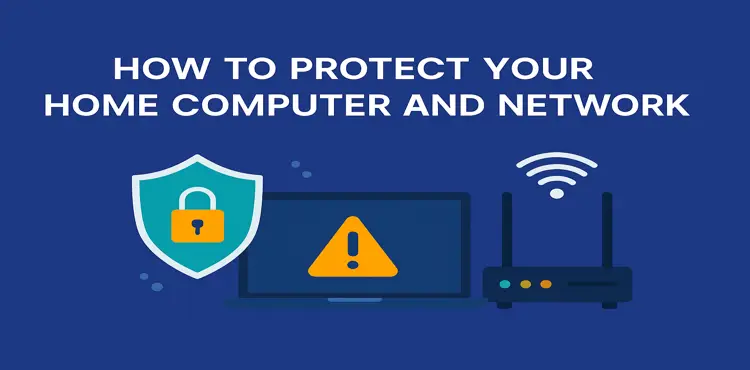Design Meets Technology: Building Resilient Disaster Recovery Solutions
In a world where businesses depend heavily on digital operations, the phrase “Design meets technology” takes on new meaning—especially when it comes to disaster recovery. It’s no longer enough to simply react when things go wrong. Instead, modern disaster recovery must be strategically designed and powered by smart technology to keep businesses resilient in the face of disruptions.
Why Disaster Recovery (DR) Matters
DR is a critical component of any business continuity plan. It refers to the strategies and systems in place to restore data, applications, and operations after a cyberattack, natural disaster, system failure, or human error.
Without an effective disaster recovery plan, businesses risk:
- Data loss
- Extended downtime
- Revenue loss
- Reputation damage
And in today’s fast-paced world, even a few hours of downtime can cause long-term impact.
Designing with Resilience in Mind
True DR starts with thoughtful design. It’s not just about backing up files—it’s about understanding your infrastructure, prioritizing critical systems, and creating a layered strategy that aligns with your business goals.
When design meets technology, recovery becomes:
- Proactive – Risks are identified before they become threats.
- Scalable – Solutions grow with your business.
- Efficient – Recovery is fast, seamless, and minimizes disruption.
A well-designed disaster recovery solution includes:
- Regular backups across multiple locations
- Automated failover systems
- Clear recovery time objectives (RTO) and recovery point objectives (RPO)
- Testing and updates to adapt to evolving threats
The Role of Technology in Modern DR
Technology is the engine that powers today’s disaster recovery solutions. Cloud computing, virtualization, and AI-based monitoring have changed the game.
Here’s how:
- ✅ Cloud Backup – Secure, off-site storage that ensures data is safe and accessible anytime.
- ✅ Virtual Environments – Quickly spin up systems in virtual machines to reduce downtime.
- ✅ AI & Automation – Real-time monitoring, automated threat detection, and fast response.
- ✅ Managed Services – Outsource disaster recovery to experienced IT teams for 24/7 protection.
Design + Technology = Peace of Mind
When creative design thinking meets cutting-edge technology, disaster recovery becomes more than a safety net—it becomes a strategic advantage. Businesses can operate with confidence, knowing they can recover quickly from any disruption and continue serving customers without missing a beat.
Final Thoughts
DR is no longer just an IT concern—it’s a business imperative. With the right mix of thoughtful planning and innovative technology, your business can bounce back faster, stronger, and smarter.
Is your disaster recovery plan ready for the unexpected?
Let’s design a solution that meets your needs and keeps your business resilient.





